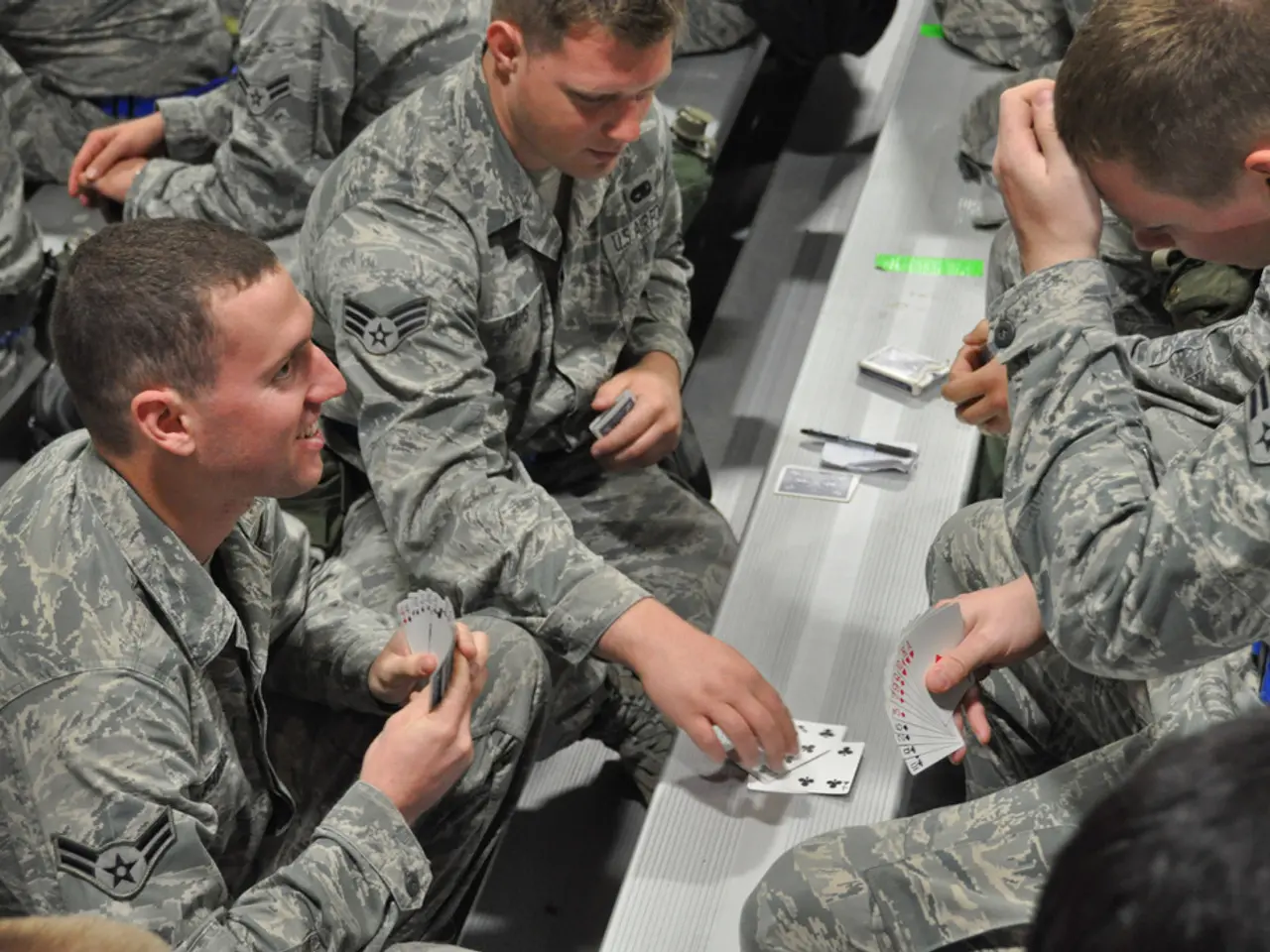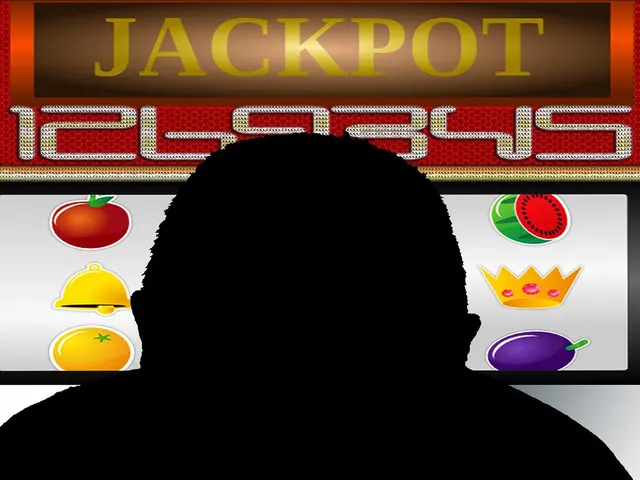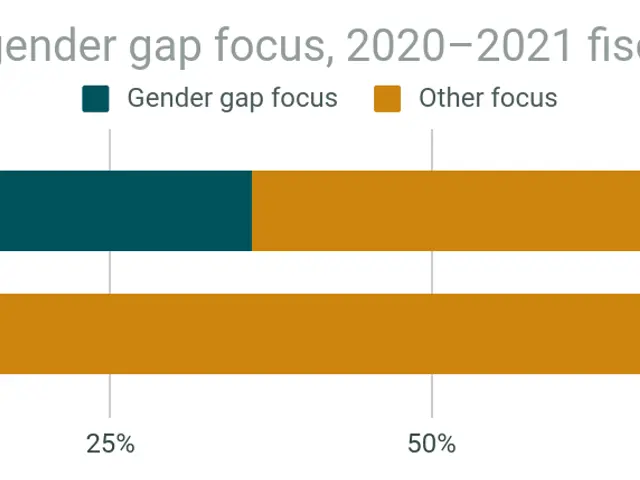Strategic Seat Selection in Poker: How Your Seat's Location Affects Your Game's Outcome!
In the dynamic world of poker, understanding the significance of position is paramount for professionals seeking to outwit opponents and turn the tables in their favour. Position, which refers to a player's location at the table in relation to the dealer button, plays a pivotal role in determining winning strategies.
The late position, encompassing the dealer button, the cutoff (right before the dealer), and sometimes the hijack, depending on the number of players, is a powerful advantage. Players in these positions act last, giving them a significant amount of information about their opponents' actions. This advantage allows for more informed and flexible play, including opportunities to bluff, steal blinds, and make thinner value bets with greater confidence.
Conversely, early position requires tighter play. Players acting early must commit to decisions without seeing opponents' reactions, forcing them to play fewer hands, generally stronger ones, to avoid getting trapped by players acting later with better information.
Position also influences hand ranges and aggression. In later positions, pros can widen their playing range and apply pressure through steals and 3-bets, whereas in early position they must be more conservative due to the risk of strong hands behind them.
Strategic adjustments based on opponents and table dynamics are crucial. Pros adjust their play depending on opponents' tendencies—tightening when players are loose, widening when players are passive—and use position to maximize fold equity and exploit mistakes.
The importance of position is particularly significant in games like No Limit Hold’em and Pot Limit Omaha, where betting and hand selection complexity increases. Hence, the saying "money flows to the left," meaning positional advantage profits the player who acts later relative to opponents.
Players in middle position, such as the hijack, lojack, or MP1, can cautiously widen their hand range and employ strategic aggression. However, they should be mindful of players behind them, as they still have opponents with potentially stronger hands.
Early position players, often acting "first, think later" due to the lack of information, should play super tight and raise only with premium hands. On the other hand, players in late position can bluff more confidently since they know who's weak and who's strong. They should loosen up, raise more to steal blinds, and bluff smartly, but fold if aggressive players are ready to fight back.
In essence, poker pros leverage position as a cornerstone of their winning strategy because it allows them to play more hands profitably, make more informed decisions, better control pot size, exploit opponents’ mistakes, and minimize losses when out of position. Position is often regarded as "king" in poker because skillful use of positional information separates winning professionals from less successful players.
Late position players, such as those occupying the dealer button, the cutoff, and the hijack, can leverage their advantage by bluffing more confidently and making thinner value bets, given that they act last and have more information about their opponents' actions. Conversely, early position players need to play cautiously, focusing on tighter play and premium hands due to the lack of information about their opponents' moves. This means that in games like No Limit Hold’em and Pot Limit Omaha, players in casino-games like poker need to understand the significance of position and its impact on their hand ranges, aggression levels, and overall strategy, with the late position often being the casino-and-gambling advantage.






